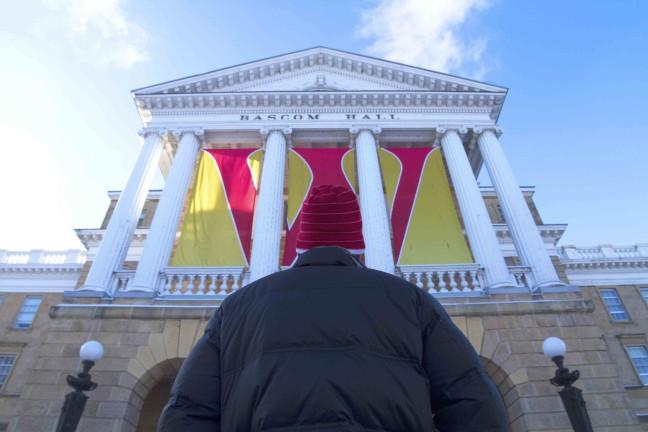The national Teach for America program for underserved schools might see a dip in applicants this year, but the University of Wisconsin is still on track to be a top contributor of participants.
The organization this year has seen 36,000 applicants nationally with about two weeks left in the application deadline, making it tough to meet the 50,000 applicant total from last year. The program sends college graduates to help in underserved schools but has been criticized by some education experts for its effectiveness.
UW had 52 alums join the program in 2014, 53 in 2012, and 70 in 2011, according to UW statistics, and though the total number has declined, the university continues to maintain a high national ranking for how many students it sends.
“Consistently every year, [UW] has been in the top 10, and close to number one in the past as a contributor to Teach for America” Sam Sherwood, TFA recruitment manager for UW, said.
Matthew Kramer and Elisa Villanueva Beard, CEOs of Teach for America, attributed the cause of this decline in a recent blog post to the changing economy and desire of college graduates to secure more stable, financially sustainable positions.
“I think as jobs grow in the community, on a national and local scale, there are fewer people choosing to teach,” Sherwood said.
Sherwood said UW is on target to be a top 10 contributor again in 2015, despite the overall dip in applicants.
Kramer and Villanueva Beard noted the debate about education on the national stage does not help boosting application numbers.
Michael Apple, a UW educational policy studies professor, said the program replaces skilled, respected teachers in the community with individuals that don’t have enough experience to be adequate teachers.
“They don’t have a firm foundation in curriculum development and how to take the knowledge that you’re supposed to teach the kids and make it culturally relevant,” Apple said. “Not all kids are the same, and many don’t understand the communities they’re teaching in.”
He said teachers need more than two years of experience to become good at what they do, and the five-to-six week training TFA provides is not enough to prepare new teachers.
Because of this, the classrooms are given a “packaged curriculum,” Apple said. The educators are teaching for tests, and the importance of teaching about “critical citizenship” is forgotten, he said.
“If they don’t get a chance to test out their ideas, what kind of citizens are we making in the community?” Apple said.
Sherwood said TFA targets applicants with strong leadership experience, significant experience working in low-income communities and who portray a great understanding of diversity.
Further, applications from individuals identifying as Latino or Asian American have increased nationally, he said.
“We’re seeing a decline in applications across the country, but we’re particularly excited about the growing number of applications we’ve received from students who share backgrounds with the kids we serve,” Sherwood said.
While expressing his respect for those joining the corps with the goal of helping underprivileged students, Apple draws on stability for students.
“What I would ask is that instead of two years, you commit yourself to five or ten,” Apple said. “It shouldn’t be like a hobby that you get tired of and then you leave.”


